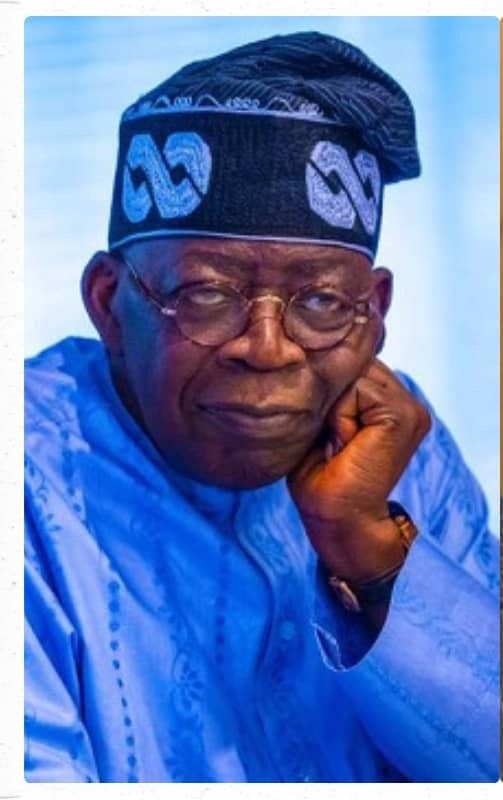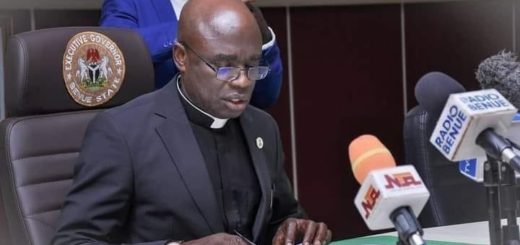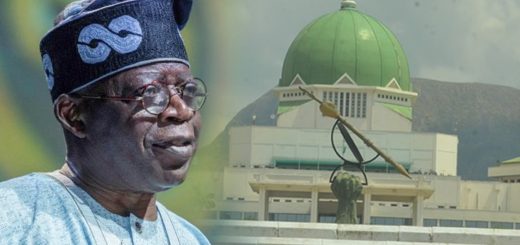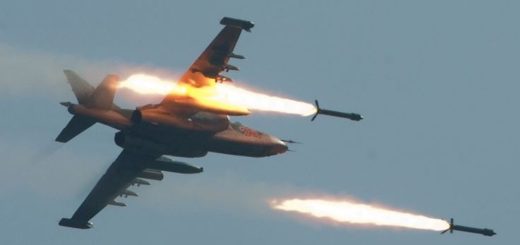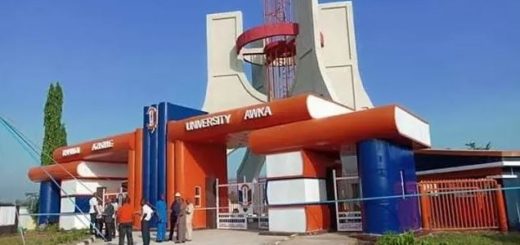I Won’t Reverse Petrol Subsidy Removal, Naira Floating – Tinubu tell Hunger Protesters
President Bola Tinubu on Sunday said that his government would not reverse the removal of petrol subsidies and floating of the naira, two policies that protesters want reversed.
In a televised broadcast, the president said the policies were necessary and had helped remove corruption in the system despite their temporary adverse effects.
The policies have led to Nigeria’s worst cost-of-living crisis in decades, as prices of goods and services more than doubled across the country.
Thousands of Nigerians took to the streets on 1 August to demand economic and political reforms including the reversal of some government policies.
The protesters have remained defiant despite attacks by security agencies that have led to at least 13 deaths, according to Amnesty International, a figure the police disputes.
Background
On 29 May 2023, Mr Tinubu, in his inaugural address, announced the removal of petrol subsidies to lift a major financial burden off the back of the government.
The aftermath of the policy has caused hardship for many Nigerians with its attendant increase in the prices of goods and services.
Mr Tinubu’s announcement led to an increase in fuel price from N197 to between N480 and N570, which immediately triggered a rise in transportation fares and prices of goods and services in the country.
Similarly, in July 2023, the petrol pump price was reviewed upward to N617/litre at various outlets of the Nigerian National Petroleum Company Limited (NNPC Ltd).
Also, during his inauguration speech, Mr Tinubu unveiled a plan to harmonise the nation’s multiple exchange rates as part of the broad plan to transform Africa’s largest economy.
He also said his administration aims to increase the country’s gross domestic product (GDP) by “not less than 6 percent.”
Less than a month after the announcement, the Central Bank of Nigeria (CBN) in June 2023, announced the unification of all segments of the Nigerian forex market.
Audience Survey
At the time, the bank also announced the collapse of all windows into the Investors & Exporters (I&E) window, explaining that the move is part of the Nigerian government’s efforts to improve liquidity and stability in the market and attract foreign investors into the Nigerian economy.
While the policy has helped close the widening spread between official and unofficial market rates of the dollar against the Naira, the value of the local currency has depreciated further.
Within the past year of Mr Tinubu’s government, the value of the naira against the dollar has plummeted by over 70 per cent. In recent months, the naira has been trading at N1,500/$1 and above at both the authorised and unauthorised window of the forex markets.
Why fuel subsidy will not be reversed
On Sunday, Mr Tinubu said that the removal of petrol subsidies will not be reversed because it has helped block “the greed and the profits that smugglers and rent-seekers made.”
The Nigerian leader explained that for decades, the country’s economy has remained anaemic and taken a dip because of many “misalignments” that have stunted growth and development.
Just over a year ago, Mr Tinubu said the Nigerian government reached a point where it couldn’t afford to continue using temporary solutions to solve long-term problems for the sake of now and our unborn generations.
“I therefore took the painful yet necessary decision to remove fuel subsidies and abolish multiple foreign exchange systems which had constituted a noose around the economic jugular of our Nation and impeded our economic development and progress,” he said on Sunday.
The president explained that the subsidy removal policy has also blocked the undue subsidies the government had extended to “our neighbouring countries to the detriment of our people, rendering our economy prostate”.
He added that the decisions he made were necessary if the country must reverse decades of economic mismanagement.
“Yes, I agree, the buck stops on my table. But I can assure you that I am focused fully on delivering the governance to the people – good governance for that matter,” he added.
Ongoing efforts
The president emphasised that in the past 14 months, the government has made significant strides in rebuilding the foundation of the economy to take Nigerians to a “future of plenty and abundance”.
On the fiscal side, he said the aggregate government revenues have more than doubled, hitting over N9.1 trillion in the first half of 2024, compared to the first half of 2023 due to his administration’s efforts at blocking leakages, introducing automation, and mobilising funding creatively without additional burden on the people.
“Productivity is gradually increasing in the non-oil sector, reaching new levels and taking advantage of the opportunities in the current economic ambience,” the president said.
The president said that the country came from a place where 97 per cent of its revenue was spent on debt service. He said his administration has been able to reduce that figure to 68 per cent in the last 13 months.
Mr Tinubu noted that the government has also cleared legitimate outstanding foreign exchange obligations of about $5 billion without any adverse impact on its programmes.
This, the president said, has given the country more financial freedom and the room to spend more money on citizens to fund essential social services like education and healthcare.
Among several other impacts, Mr Tinubu said the reforms he initiated have also led to a significant increase in the allocations to states and local governments from the federation account.
